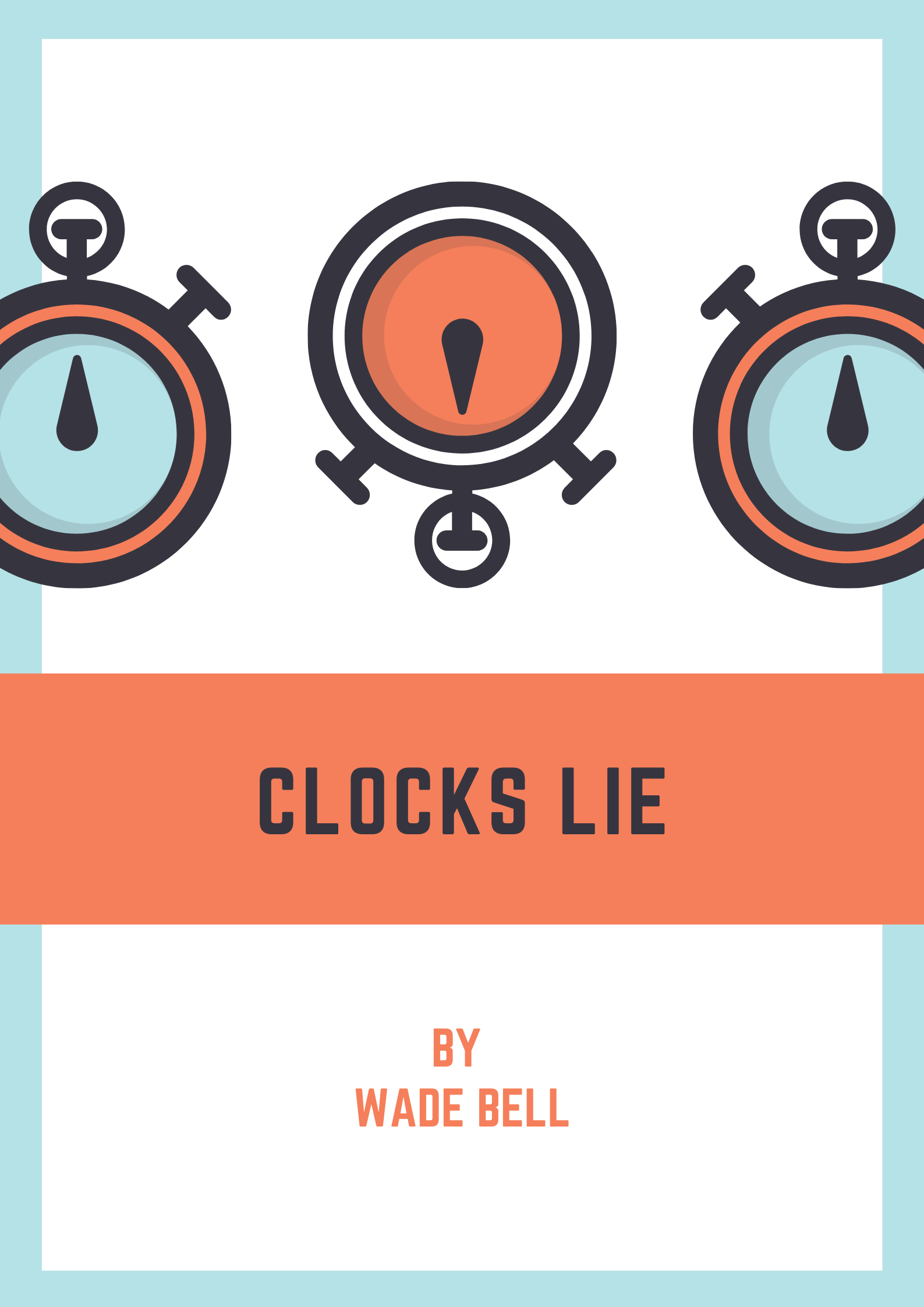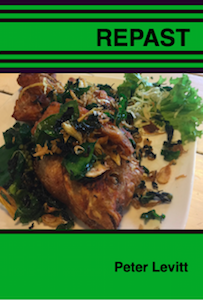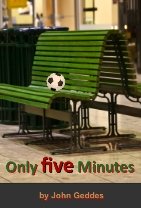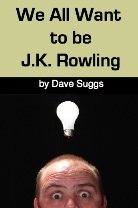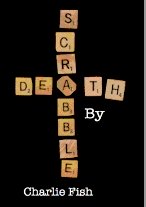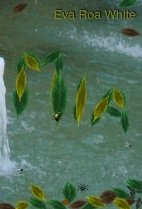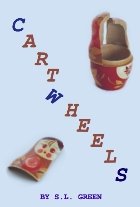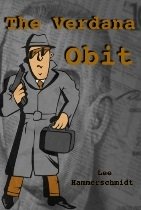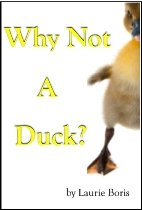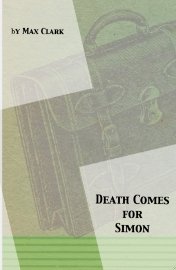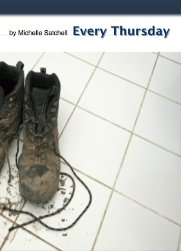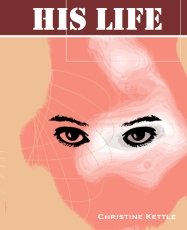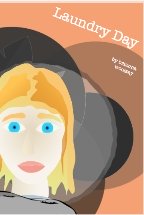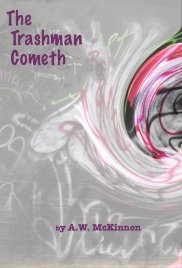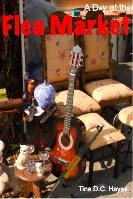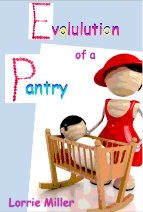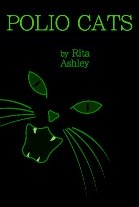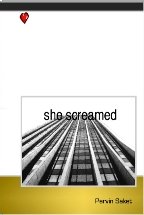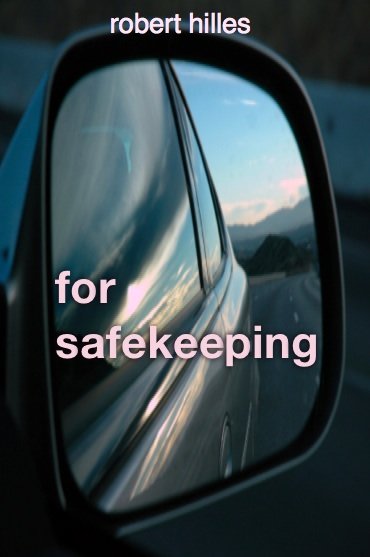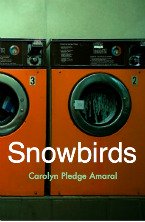Read Short Stories Online
PAGE 47 ONLINE ANTHOLOGY
Welcome to PAGE 47 online anthology of Canadian and International short fiction, the place to read short stories online. PAGE 47 aims to cultivate interest in short fiction from new and emerging writers. (Alongside several well known writers.)
- All the authors have been paid for their work and copyright laws apply. All text and images on PAGE 47 are originals and may not be copied without permission.
- If you like the stories, please share the link with your friends. Your support will provide additional exposure for the writers. Whether you only want to read short stories online or are looking for a place to sell your short fiction, enjoy!
Clocks Lie
Spring,
1975. For two years he had been living in a village in the Ampurdan countryside.
But then, a weekend with her. Almost perfect.
Baggage Claim
She glanced at her watch as the other passengers searched overhead bins, re-checked tickets, and ever-so-slowly shuffled off the plane. This was the trip of a lifetime, and she had no time to waste — a reunion and dream vacation with her 85-year-old father.
In Search of Lucinda
My father, three sheets to the wind, floats in the front door of our house. With him the hot July breeze, the yeasty after stench of the Airliner Hotel on Edmonton Trail; flowing beer, the darkened lounge in the daylight hours, worn out chairs and waitresses alike clothed in a murky crimson, the standard patrons mostly stray men, a few divorced women.
Repast
All through the evening meal the couple argued. He was right, then she was right, then he insisted and she insisted. It was enough to make you sick.
Only Five Minutes
He hated shopping. Who cared about new kitchen plates anyway? Their blue plates were too cold, his mother said.
The Ham Sandwich Theorum
On Saturday night Angie gives Matt her list of demands. Impossible, arbitrary, nonsensical demands. But Matt's reaction comes unexpected. He flips open his notebook and starts to write.
We all Want to be J.K. Rowling
My wife has to work. The baby gets colds and needs the insurance for that pink sludge that must be refrigerated and discarded after ten days, so we need insurance. The baby goes to daycare and comes home with colds because my wife works, so we need the insurance.
Death by Scrabble
It's a hot day and I hate my wife. We're playing Scrabble. That's how bad it is.
Mia
The blue bucket dangles from the little girl's hand and scrapes the ground every time she relaxes her sore arm to stretch it. She has been carrying the bucket for a long time in the heat, and though it is empty and made of thin plastic, it feels heavy and bulky.
Joan's Garden
It's been two years, but not a week goes by that I don't think of Joan. I can see the yard from my kitchen window, often as it used to be—a Monet landscape framed by my kitchen curtains. There is grass there now, grass and her grandchildren.
Cartwheels
Would there be a thud when she hit the tile, or would Sheila hear the skull crack?
She shudders and clutches Emma more tightly. Thirteen beige Berber steps lead down to the basement. Such dingy linoleum tiles on the floor at the bottom. Sheila had wanted to tear them up and put in hardwood, but like everything else, that idea went on hold when she got pregnant.
The Verdana Obit
"It's like that old joke," Goudy said. "The one that old guy used to tell. Who was it? Youngman? Dangerfield?"
"This isn't funny Goudy."
"The guy says something about having to read the obituaries first thing in the morning to make sure he's not in them."
Gill pointed to the open newspaper on the small table in front of them. "It's no joke. That's mine."
love (lower case)
"I really hope we can still be friends," you say.
Scrolling back through the worst moments of your life, this is at the top. Up there between the rejection from Brown and your dog Sammie being hit by a car in fifth grade.
Why Not a Duck?
"Holiday Help Line, this is Matthew. How can I help you?"
"I'm going to slit my wrists," she says. "I hate Thanksgiving. I hate that the Christmas decorations have been up in the stores since Halloween. I hate the Macy's parade and the Rockettes and cooking and cleaning and the men sitting on their asses watching football and I swear, when the sweet potatoes are done I'm taking the biggest knife I have."
Death Comes For Simon
The strip mall closed down for the evening; large, backlit signs flickered out and weary employees sparked matches to light cigarettes on the way to their cars. Beneath fluorescent lights set in concrete pedestals stood the curious ten o'clock small town gangs, hoods over their faces in an effort to look suspicious, but content to break the town loitering ordinances. Cars pulled in from time to time, cursed the operating hours of their pharmacies and retail outlets and completed the arc to drive out again.
Every Thursday
It wasn't that long ago that she had cleaned the grout on the kitchen floor, but already it looked dirtier than ever. She wracked her brain in an effort to remember why she had fought so hard for white tiles. Something about making the kitchen seem brighter, cleaner. But white tiles in a kitchen, clean? Every day she had to sop up a spill, sweep up cracker crumbs or wipe away a dirty footprint.
If He Should Gather His Breath
The boy woke. His head rested on a thick cushion of moss that covered huge tree roots. He felt the sun through still-closed eyes, felt the warm breeze move the light and shade around through the leaves above him. He smiled a little, and remembered his delicious dream.
A Different Waxing
She pursed her lips and flicked a sidelong glance at my daughter. If I were a mind reader, I would have seen one word flash across the girl's forehead... "eeeeyoooou!" But, with some decorum, she whispered behind her hand, "Do you want me to do her mustache, too?"
His Life
The world didn't seem any different to him when he woke. He got up, dressed and made it out the door as usual, but on the bus the thought stuck him that people stared. They looked at him, and when he caught their gaze they looked away. He'd shaved, showered, worn his usual business casual outfit; his hair was cut in the neat, trimmed, office acceptable manner of the majority of guys employed where he worked, so he felt affronted. What was wrong with these people?
Laundry Day
The day after you left I crawled into the dryer. All I could think about was the big pile of dirty clothes you left behind and how, when you came back for them, they should at least be clean. So I sat on the edge of our bed, a bed too big for two people, a bed I thought I would drown in when I tried to sleep in it alone, and I sorted your clothes.
Silk
I was a foodie. I cooked and served foods that had flavors and tastes enough to tantalize and satiate even the most finicky taste buds. I ran a small and exclusive catering business and wrote articles on food.
All this was before I created Silk. Not raw silk or those khaadhi varieties but the finest of the glossy and smooth. A halwa called Silk, that I made and remade to a texture so fine, that you just had to pop a piece into your mouth, and with the slightest touch of saliva, it melted.
A Rose in the Morning
I turned on the lights, couldn't believe my eyes.
"Take it," Lowry insisted, proffering what he'd made in the dark.
I couldn't. Couldn't move, couldn't speak, think or feel, all that I was blasted away in the space of a breath; certainty evaporated, conviction dissolved.
"Take it," he repeated.
I did, and pricked myself. The miracle dropped to the floorboards, gone before it hit the ground, petals black as a spider's eye, wilted.
The Trashman Cometh
On Mondays, retiree William Bagley would move a kitchen stool to the living room window. From there he would watch as the trash truck stopped at the curb. Next to the stool, on a small table, lay a note pad and pencil.
Except for holidays, the trash truck stayed on schedule and arrived between 10:20 and 10:25 Monday mornings. William Bagley's notes, kept over the past two months, reflected the consistency of the driver and his helper.
The Witch's Mark
Barnesville was a scab on the desert. Locusts had decimated it once by the look of the beat-down shrubs and the sorry way the weeds lay in the pavement cracks. Ellis had never seen anything like it. He expected bleached skulls in the dust and found empty storefronts, and Buicks lined up along the curb like they'd been there since Nixon. He checked his rearview. No life there.
Across the street, a pockmarked cook smoked on the doorstep of a diner. He and two old men watched Ellis drive up slow, as if in Barnesville, a minute took 120 seconds.
A Day at the Flea Market
Irene moved a glass figurine from the front of her display table to a safer spot in the center, to rescue it from destruction by the two little brats who handled her merchandise as if playing 'Duck, Duck, Goose.'
The Woman Under the Thames
Francine marched past the grocers on Spa Road, past the station, toward the River Thames. Spring had arrived, but you wouldn't know it by looking around. A stiff breeze blew the scent of the ships towards her. Wheat for the mills, pickled herring, tea ... and over it all, the smell of humanity. The dirty clattering stomach of the British Empire.
A Thousand Tricks
The bus weaves south from Marrakesh through Taroudannt, slowing as it climbs the dizzying highway of the High Atlas. The girl is still awake, her only thought to get as far away as she can. She pushes a strand of hair back under her headscarf and watches the Nigerian asleep in the seat in front of her, his black head bouncing back and forth as the bus lurches toward the pass. Nothing disturbs him, not the roadblocks, not the driver fumbling with the spare tire, not the malevolent exhaust seeping through the space between the back doors. Not even the weight of the sleeping woman collapsed against his shoulder.
Evolution of a Pantry
She had prepared this room, next to theirs in their two bedroom bungalow, the month following her first doctor's visit.
Polio Cats
A rare smile crossed Ben's lips as he remembered leaving Poland with the stolen money from Slavatizki's hidden stash.
The Universal Language of Women
My husband and I stayed with Samarah's Moroccan family on the invitation of her husband, Hamid. We met him on the train, which chugged and spittered along the tracks through a countryside as flat as a billiard table.
To Be Longing For
A librarian once told me, "To forget a book is forgivable, but to forget the words is a travesty." I am returning a book late, and I haven't finished reading it, so I ask the librarian if she can tell me about the ending.
She Screamed
She screamed and she screamed. She fell back, her body limp and tingling.
Read short stories Online ~ Older Stories
Read Short Stories Online ~ More Free Online Stories
Search this site:
